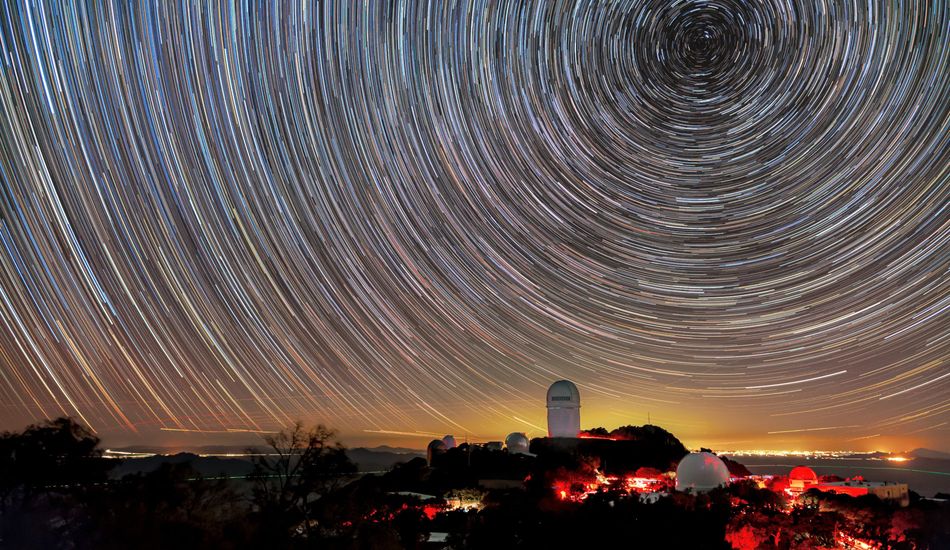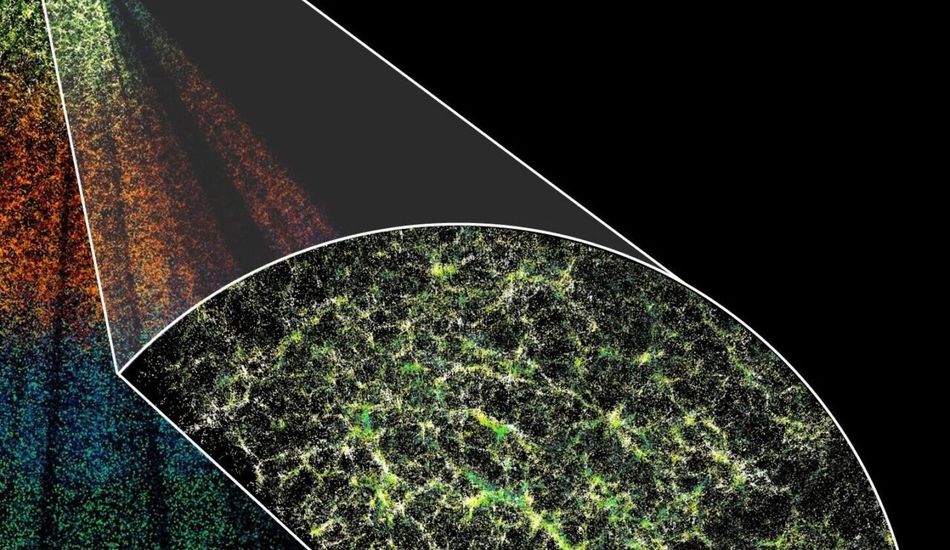
Do Black Holes Generate Dark Energy? A New Study Offers Compelling Evidence
Dark energy is one of those things that keeps cosmologists up at night. It's this mysterious force that's supposedly making the universe expand faster and faster, but where does it come from? A new study suggests that black holes might be the answer, and it's a pretty wild idea.
Researchers have been looking at data from the Dark Energy Spectroscopic Instrument (DESI), which is basically a super-powered telescope that's mapping thousands of galaxies. What they found is that black holes might be converting dead star stuff into dark energy. It's like a cosmic recycling program, where black holes take old matter and turn it into the energy that's driving the universe's expansion.
This theory, called the cosmologically coupled black hole (CCBH) hypothesis, is interesting. The researchers are suggesting that dark energy isn't just some random force that appeared out of nowhere. Instead, it's something that's been building up over time as stars are born, live, and die. It also ties together the amount of dark energy being produced with the rate at which stars are forming, which lines up with what telescopes like Hubble and James Webb have been seeing.
One of the coolest things about this idea is that it helps to resolve a conflict between DESI data and what we've seen in neutrino experiments. It seemed like DESI was suggesting that there wasn't enough matter in the universe to account for the neutrinos we've detected. But if black holes are producing dark energy, it solves that problem.
DESI, located in Arizona, is really impressive. It uses 5,000 robotic eyes to look at different galaxies every 15 minutes. Since it started in 2018, it's created an incredibly detailed map of the universe, which has allowed physicists to make some pretty big discoveries about dark energy.
While this all sounds promising, the researchers are quick to point out that it needs more investigation. It's a new idea, and it'll take more data and analysis to confirm whether or not black holes really are the source of dark energy. However, it quantifiably links phenomena you would not initially expect to be related, which is very interesting.
We're in a really exciting time for cosmology. With so many new instruments and ways of looking at the universe, we're bound to make some big discoveries. Of course, it might also get a little chaotic, but if the Big Bang could create the universe, I'm sure we can handle a little chaos!
1 Image of Black Holes:


Source: Gizmodo